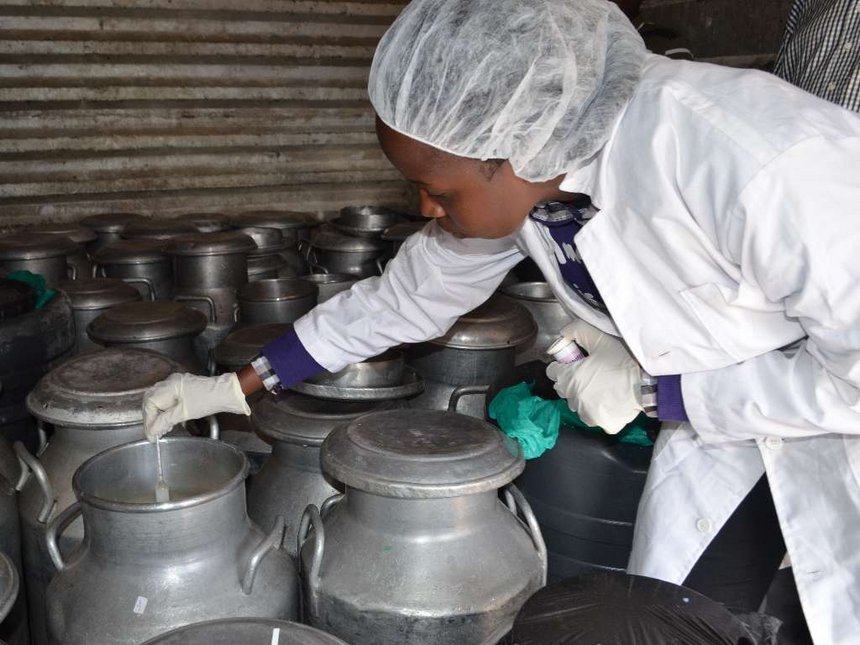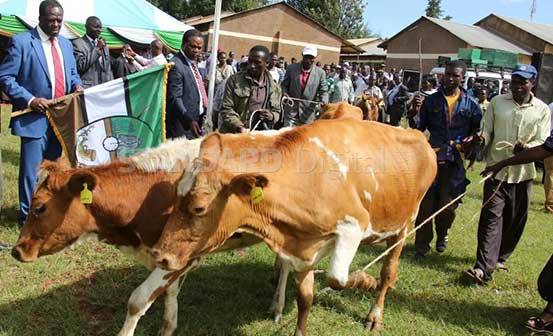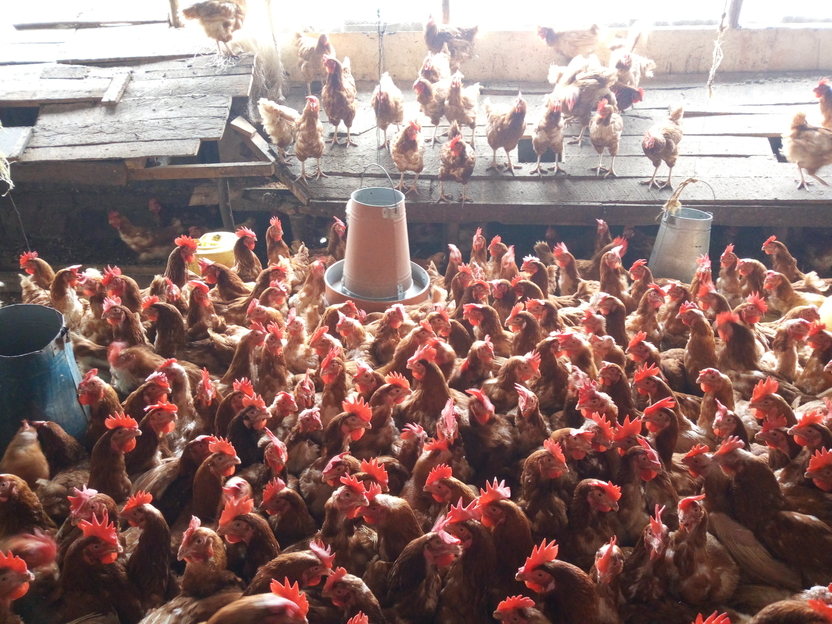Kisii farmers have been urged to form societies so as to receive Sh50m worth of milk coolers in a bid to improve their income and preserve excess milk.
The Kisii County department of agriculture says farmers in the region currently produce 166,000 liters of milk against a demand of 200,000 liters leaving a deficit of 34,000 liters which can be met through empowerment of dairy farmers.
The Food and Agriculture Organization of the United Nations reports that farmers who join cooperative societies to market their produce are more likely to double or triple their income due to improved bargaining power.
Cooperatives provide over 100m jobs worldwide with more than one billion members.
In Kenya, cooperative societies have employed more than 300,000 people in the various sectors dominantly in the agricultural industry. The societies turnover in 2017 was Sh436bn representing 45 per cent of the gross domestic product (GDP) according to data from the Kenya National Bureau of Statistics.
Related
Three Busia Dairy Co-operatives to benefit from milk coolers
Ministry to provide free milk coolers to farmer cooperatives to avoid wastage
New fodder increases milk yields by 108 per cent and cuts production costs

A Kenya Dairy Board official inspects milk in the past. Photo: courtesy
Cooperatives are associations of people who unite voluntarily to meet their common economic needs via a joint enterprise that enables them improve bargaining power.
Agricultural cooperatives play an important role in supporting small agricultural producers and marginalized groups such as young people and women. They empower their members economically and socially and create sustainable rural employment through business models that are resilient to economic and environmental shocks.
“Cooperatives offer small agricultural producers opportunities and a wide range of services, including improved access to markets, natural resources, information, communications, technologies, credit, training and warehouses,” said Thomas Nyamongo, an agricultural extension Officer at the ministry of agriculture.
Last year, the quantity of milk delivered to processors such as Brookside dropped by 17.4 per cent to 535.7m liters from 648.2m liters in 2016 due to prolonged drought.
Similarly, the quantity of processed milk and cream from processing plants decreased by 8.5 per cent and that of butter and ghee declined by 22 per cent
Production of cheese however, increased from 311.2 tonnes in 2016 to 338.3 tonnes in 2017.
Write comment (0 Comments)
















